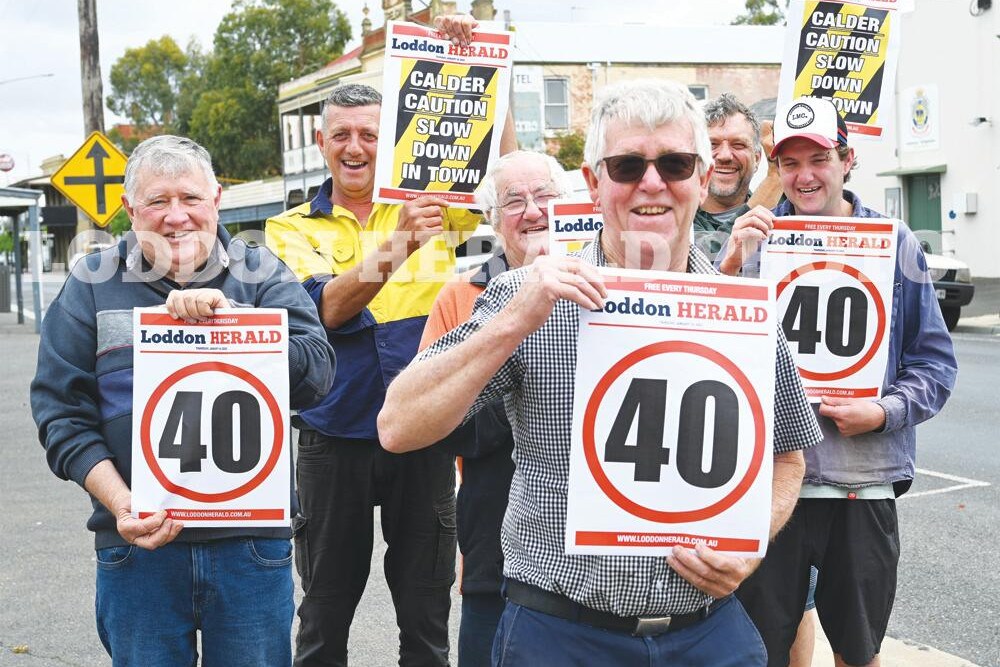General News
9 October, 2024
Perspective: Speedy loss of knowledge
By CHRIS EARL THE centralisation of government services and agencies has certainly had a negative impact on rural communities over the last 50 or so years. There’s the local social capital that has been stripped from many towns and transplanted in...

By CHRIS EARL
THE centralisation of government services and agencies has certainly had a negative impact on rural communities over the last 50 or so years.
There’s the local social capital that has been stripped from many towns and transplanted in the Melbourne, or if we are lucky, one of the regional capitals.
Local knowledge and the capacity to deal with issues on the ground replaced by guidelines, frameworks and matrix that are overlayed when making decisions from afar.
Last week we read about a truck driver who had beaten down, according to a media report, the consequences of alleged detection speeding down a Loddon main street.
Wedderburn, it was reported as the town, where the offence allegedly occurred in February - 56kmh in a 40kmh zone.
It was reported that the court heard the speed limit had changed just two weeks earlier. There was also mention of the prosecutor supposedly saying that was “a big drop from the 100 zone to a 40 zone”.
Now in days of old, when courts sat in rural communities, the presiding magistrate would likely have been in a position to question such claims. Local knowledge, garnered even from a few hours in town each week, fortnight or month, would probably have equipped the man (in those days all magistrates were men) with the knowledge that the 40kmh speed zone was introduced in Wedderburn at the end of November (two months plus, not weeks before the alleged incident).
And then the sudden drop? Actually not, travelling south on the Calder Highway through Wedderburn, there is an 80kmh zone for about 1km and then 60kmh for a similar distance before hitting the new 40kmh zone.
Whether in Wedderburn or Inglewood, where the speed limit was finally dropped at the end of January, some locals are still questioning the speed of some vehicles scooting through the centre of the towns.
In the columns of this newspaper, it is indeed rare that we mention court cases. The reason is quite simple: if we are not present in the court room, a place for legal considerations and judgements - we cannot truly report on cases and the evidence presented to the magistrate.
On this occasion, observations are based a media report that does not match the reality of local experience and knowledge.
Perhaps signage of the 40kmh zones does need to be improved. Inglewood Development and Tourism president Peter Moore remains firm in his belief that speed check signs should be in place along Brooke Street.
These “reminder” flashing signs serve a useful purpose in other states. Why, in parts of Britain there are prominent signs as you enter villages advising of the speed limit and that offenders will have their photograph taken and a fine issued.
Our local communities have campaigned for safer main streets. The signs were erected but sadly the high level of acting responsibly remains to be fully matched by some who traverse through our towns.
Local knowledge was behind the push for lower speed limits. The loss of local courts over the decades has deprived our towns being backed up by magistrates who know the area and can question assertions and claims put before a court in a city removed from the reality of life in many rural towns across country Victoria.